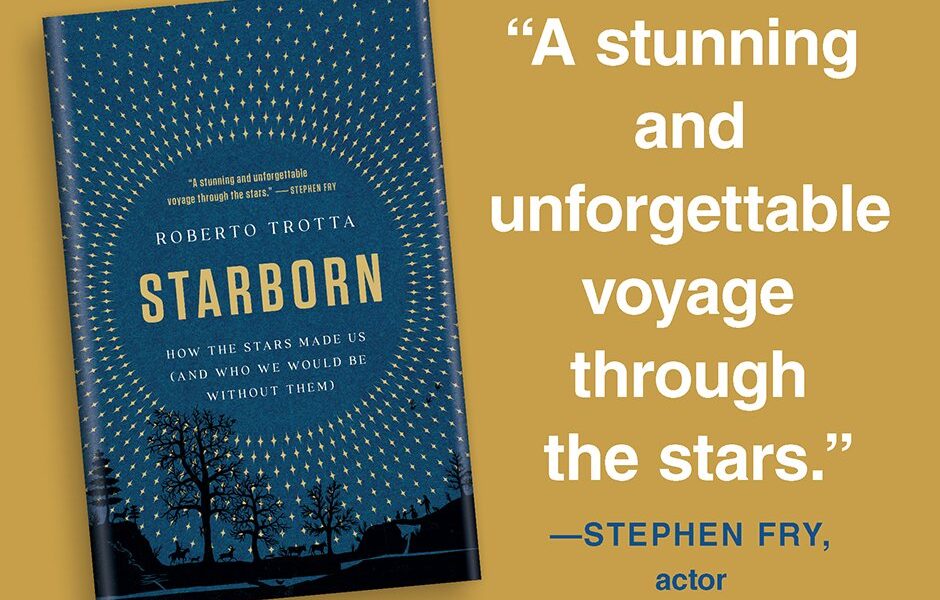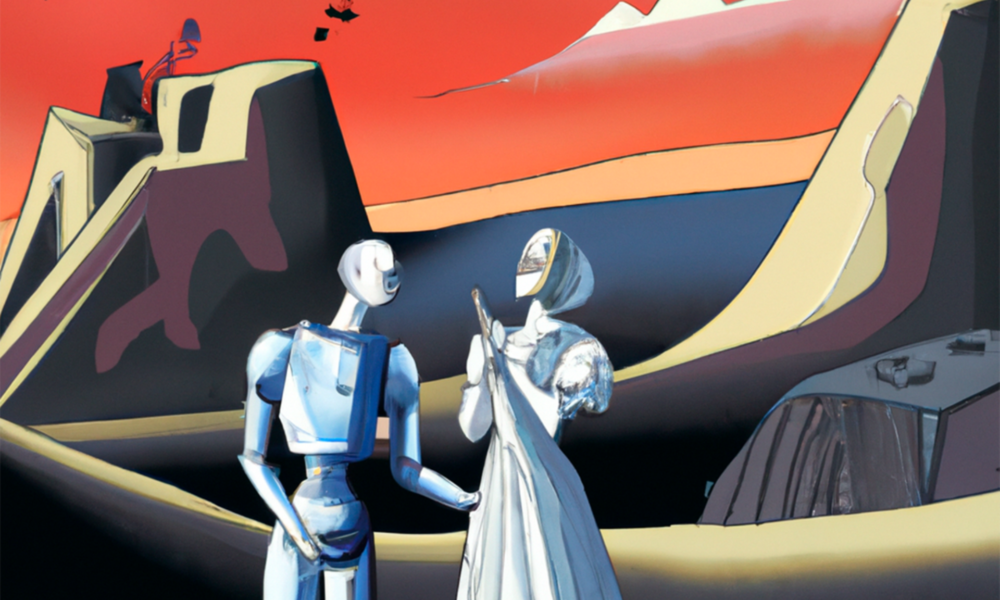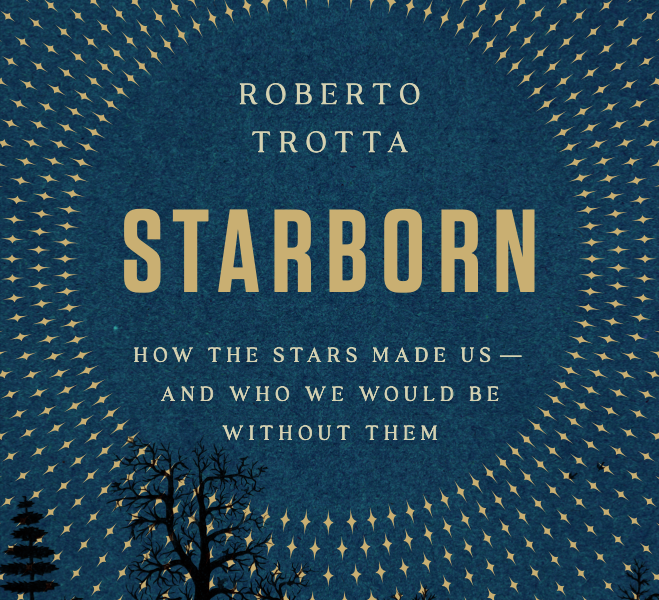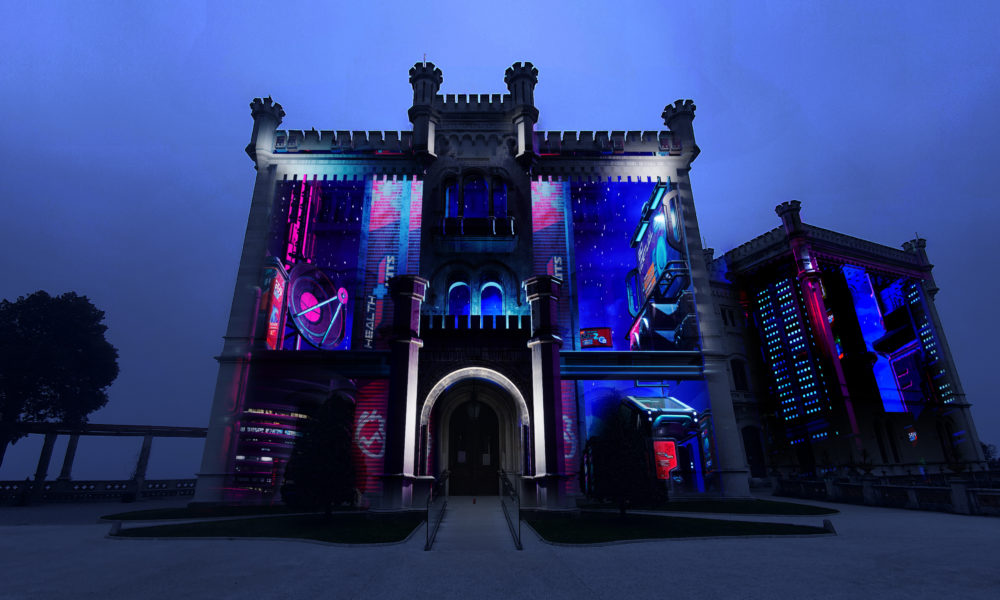✨ STARBORN launch events in November! ✨

I am thrilled to announce the first launch events for my new book, STARBORN – How the Stars Made Us (and Who We Would Be Without Them). It’s a mix of talks and conversations with amazing scholars, followed by book signing – I look forward to meeting my first readers then! Please do join me […]
An Impossible Dialogue

I am delighted to be involved as scientific consultant in a new play by and with actress and author Diana Höbel. Diana approached me with the idea of creating an “impossible dialogue” between Alma Mahler, a fascinating character and talented musician, and her husband, Gustav Mahler, with whom she had a stormy and ill-fated relationship. […]
STARBORN: my new book available to pre-order!

I’m excited to share that my new book will be published by Basic Books in the Fall 2023! For as long as humans have lived, we have lived beneath the stars. But under the glow of today’s artificial lighting, we have lost the intimacy our ancestors once shared with the cosmos. STARBORN: How the Stars […]
The Edge of the Sky | Oir Nan Speur
The Edge of the Sky | Oir Nan Speur is a beautiful new ‘analogue theatre show’ in which two astronomers try to unravel a story from the past following a cataclysmic event. It will premiere on February 18th, 2022 at the Hebridean Dark Skies festival, on the Isle of Lewis. Performed in English and Gaelic, it is a uniquely […]
LIBRA: a multi-media theatre play on mega-constellations

It’s 2042: a global corporation has plastered the night sky with internet satellites. Virgil, a middle manager in the company, stumbles on a mysterious pattern hidden in the ads the company runs: could this be linked with the pandemic of compulsive shopping that has struck his own wife? And can a teenage girl with special […]
Celebrating 70 years of Humanities at Imperial College London
Imperial College London is world-renowned for its research and education in science, technology, engineering, maths, medicine and business. It is perhaps less well known that the humanities have a long and fascinating history at Imperial: for 70 years, the arts, humanities and social sciences have enriched the cultural and intellectual life of Imperial’s staff and […]
The Nature of Reality
FREE LECTURE SERIES 2019-20 The Nature of Reality Roberto Trotta, Visiting Professor of Cosmology All lectures are free on a first-come first served basis, but we can book for schools/ colleges on enquiries@gresham.ac.uk Monday 4 November 2019, 1pm, Museum of London Weighing the Universe The cosmic microwave background is the luminous echo of the primordial […]
Today on the ArXiv: How to ride a light beam to the stars, and how not to analyse distance indicators
Today on the arXiv, a nice analysis of how to design a solar sail in such a way that the light beam powering it is prevented from rocking it side to side, and hence destabilising it. The key idea is to use a spherical sail (rather than conical designs as previously proposed) and a multi-modal laser […]
Today on the arXiv: from light bulbs to 2 trillion dark matter particles simulations in 75 years
Today, Martin White suggests using a density-dependent correlation function as a tool to help distinguish General Relativity from modified gravity theories. The N-body simulation Zurich group shows impressive results from a cosmological simulation involving 2 trillion (2 x 10^12) particles, which they run on the Swiss Supercomputer in Manno using GPU-accelerated nodes, and benchmarked with […]

Uncertain Ruins – From The Big Bang to AI
I was invited to contribute a piece responding from the perspective of astrostatistics to the timely and exciting show “Uncertain Ruins”, a “a site-responsive collaboration by artist Julie F Hill and Gauld Architecture that draws on the social, material and historical context of the Swiss Cottage Library in which the gallery is located”, part of the Passen-gers site-specific exhibition […]
Read More